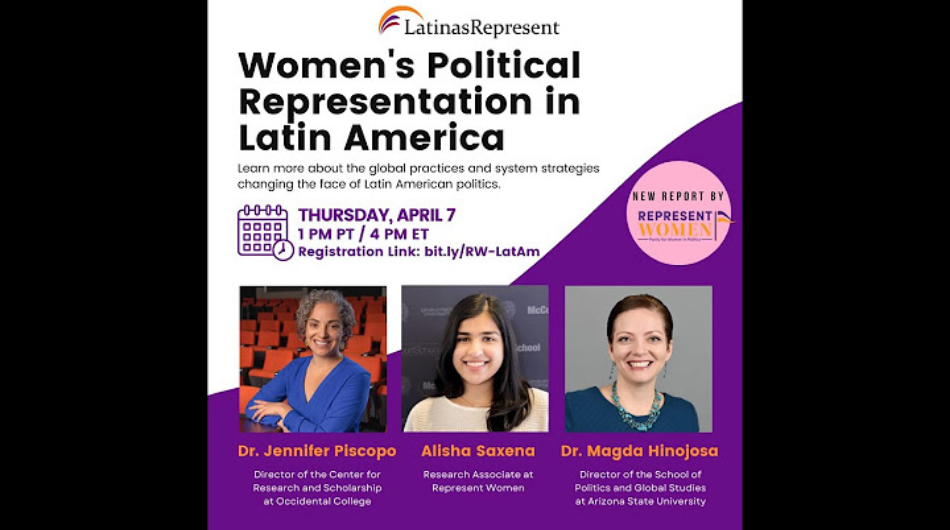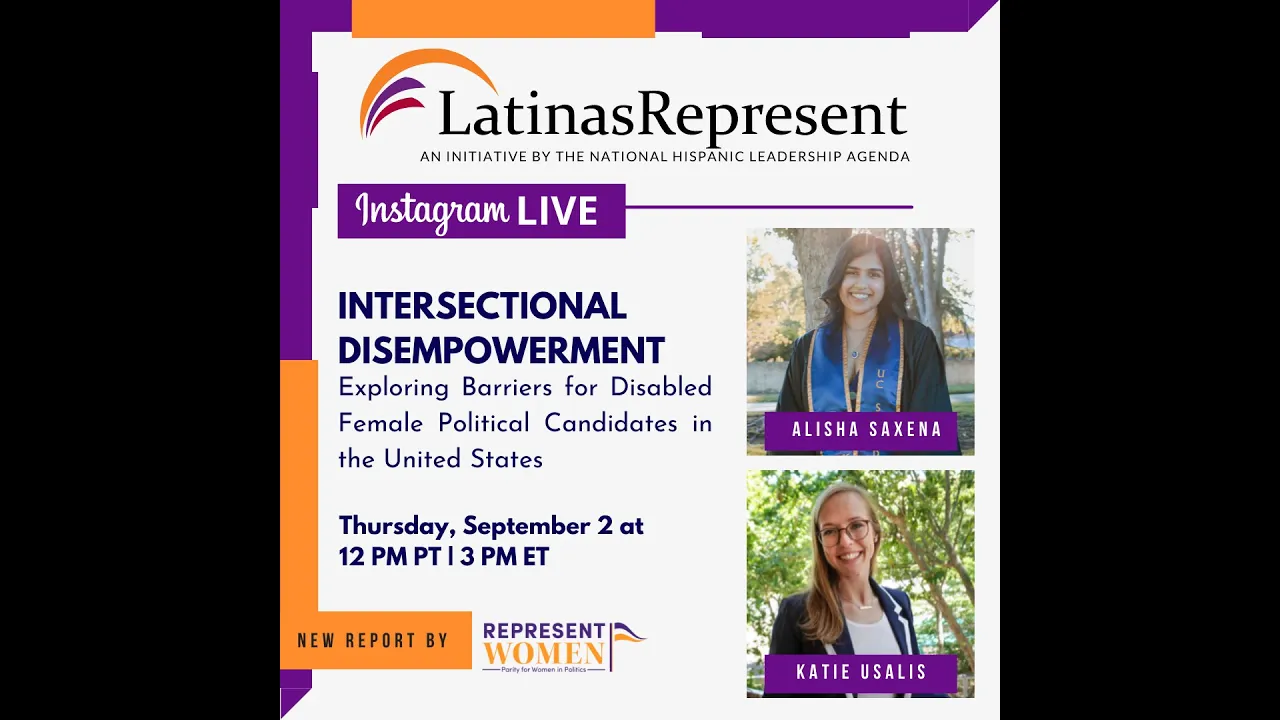This event centered around RepresentWomen’s 2022 international research on Latin America, “Women’s Representation: Global Practices & Systems Strategies. On the
Read moreTake Action
Will you join Latinas Represent in our efforts to create a more reflective democracy?
We’re ready to support you at different levels:
Individual Impact
We provide direct support to help you step into your political power.
Organizational Impact
We strengthen the system to adapt to Latinas’ unique needs and be more inclusive.
Systemic Impact
We use data to better understand Latinas’ needs and what strategies work best to get more Latinas in public service.
Run for Office
Learn more about open positions you can run for in your community.
Join us in creating a more reflective democracy! Latinas Represent invites you to submit your information below to see what positions you can run for in your community. Latinas make up 9.3% of the US population but only 3% of elected officeholders in state and federal offices across the country. This is why we need you to step into your political power.
Once you find what office you want to run for, click "I Want to Run." Providing more information about yourself will help us connect you with resources and information that can assist you in your political journey!
Join Our Network
Are you a current or former elected official, political strategist or organization that wants to see more Latina representation in public service? Consider becoming partner to help us prepare the next generation of Latina leaders. Sign up below to learn more about potential partnership opportunities.

Our Community is Transformational
When you participate in Latinas Represent programming - by attending an event, reading and sharing our research, following us on social media, subscribing to our newsletter, even just visiting this website - you can expect to be part of a supportive community by and for Latinas. Specifically, you will:

Envision a New Political Landscape

Receive Training

Get Support

Join a Community

Learn More

Reach Their Goals
Event Library
Political Latina: Running for Office as an Indigenous Latina and First-generation American
Latinas Represent’s “Political Latina” series highlights the stories of Latinas transforming politics in the U.S. During this event, we spoke
Read moreIG Live: Barriers and Opportunities for Disabled Women in U.S. Politics
This event centered around RepresentWomen’s 2021 report “Intersectional Disempowerment: Exploring Barriers for Disabled Female Political Candidates in the United States.”
Read more


